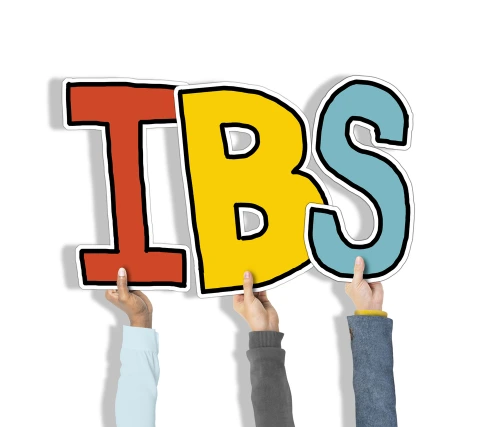Irritable Bowel Syndrome (IBS) is a common gastrointestinal disorder that affects millions of people worldwide. It is a chronic condition that impacts the large intestine, leading to symptoms such as abdominal pain, bloating, gas, diarrhea, and constipation. Despite its prevalence, IBS remains a complex and often misunderstood condition.
Symptoms and Diagnosis
The symptoms of IBS can vary widely among individuals, making it challenging to diagnose. Common symptoms include:
- Abdominal Pain: Often described as cramping, the pain can be severe and is usually relieved after a bowel movement.
- Bloating and Gas: Many individuals experience significant discomfort due to excessive gas and a feeling of fullness.
- Diarrhea and Constipation: IBS can cause alternating bouts of diarrhea and constipation, sometimes predominantly one or the other.
Diagnosis of IBS typically involves ruling out other conditions with similar symptoms, such as celiac disease or inflammatory bowel disease (IBD). Healthcare providers may use criteria like the Rome IV criteria, which focus on the duration and frequency of symptoms.
Causes and Triggers
The exact cause of IBS is unknown, but several factors are believed to contribute to its development:
- Gut-Brain Interaction: Abnormal communication between the brain and the gut can lead to altered bowel habits and pain sensitivity.
- Gut Microbiome: Imbalances in the gut bacteria may play a role in IBS symptoms.
- Food Sensitivities: Certain foods and drinks can trigger symptoms, including fatty foods, dairy products, and caffeine.
- Stress: Emotional stress and anxiety can exacerbate IBS symptoms.
Managing IBS
While there is no cure for IBS, various strategies can help manage the symptoms and improve quality of life:
- Dietary Changes: Identifying and avoiding trigger foods is crucial. A low FODMAP diet, which restricts certain types of carbohydrates, has been shown to be effective for many individuals.
- Medications: Depending on the symptoms, medications such as antispasmodics, laxatives, or antidiarrheals may be prescribed.
- Stress Management: Techniques like mindfulness, meditation, and regular exercise can help reduce stress and its impact on IBS.
- Probiotics: These may help restore a healthy balance of gut bacteria and alleviate symptoms for some people.
Seeking Professional Help
If you suspect you have IBS, it’s essential to consult with a healthcare provider. They can provide a proper diagnosis, rule out other conditions, and develop a personalized treatment plan. Living with IBS can be challenging, but with the right strategies and support, many people can manage their symptoms effectively and lead fulfilling lives.

